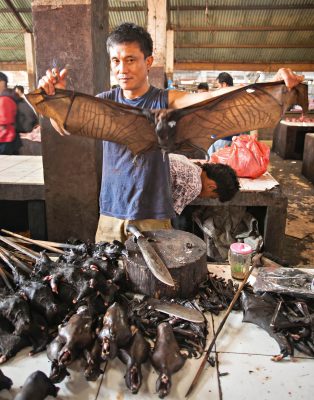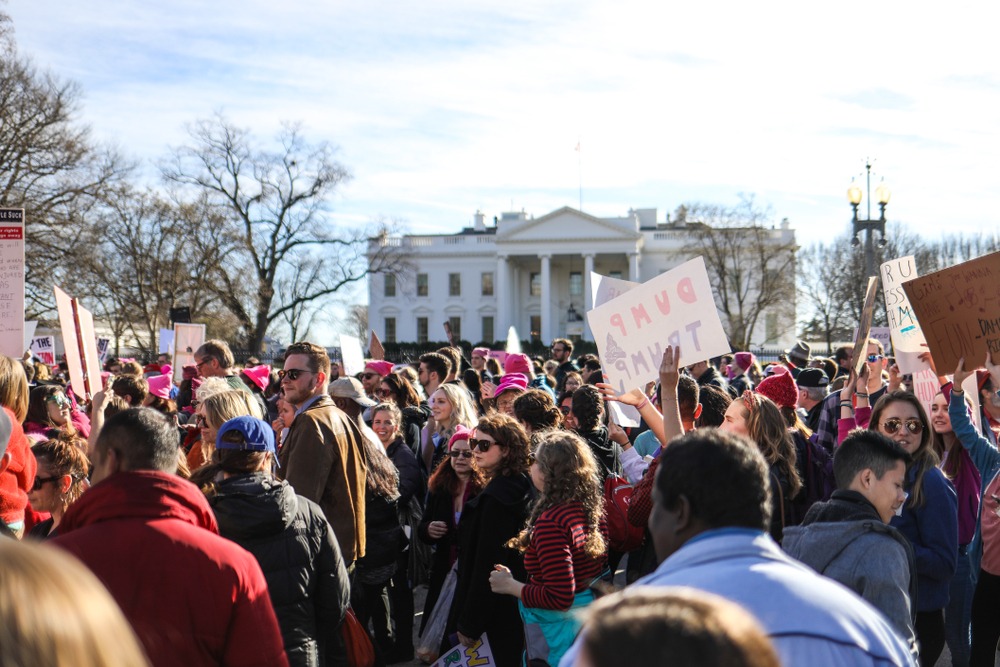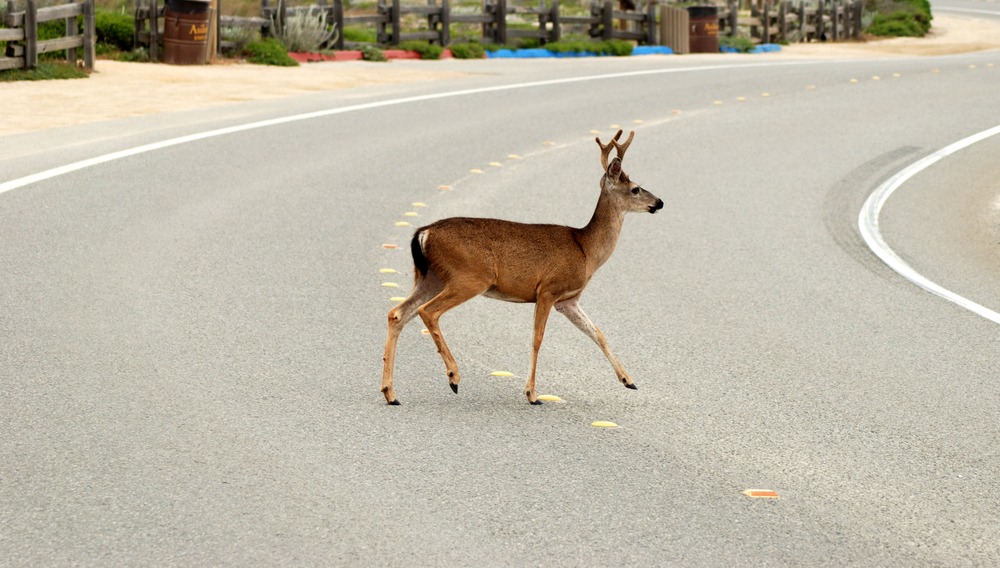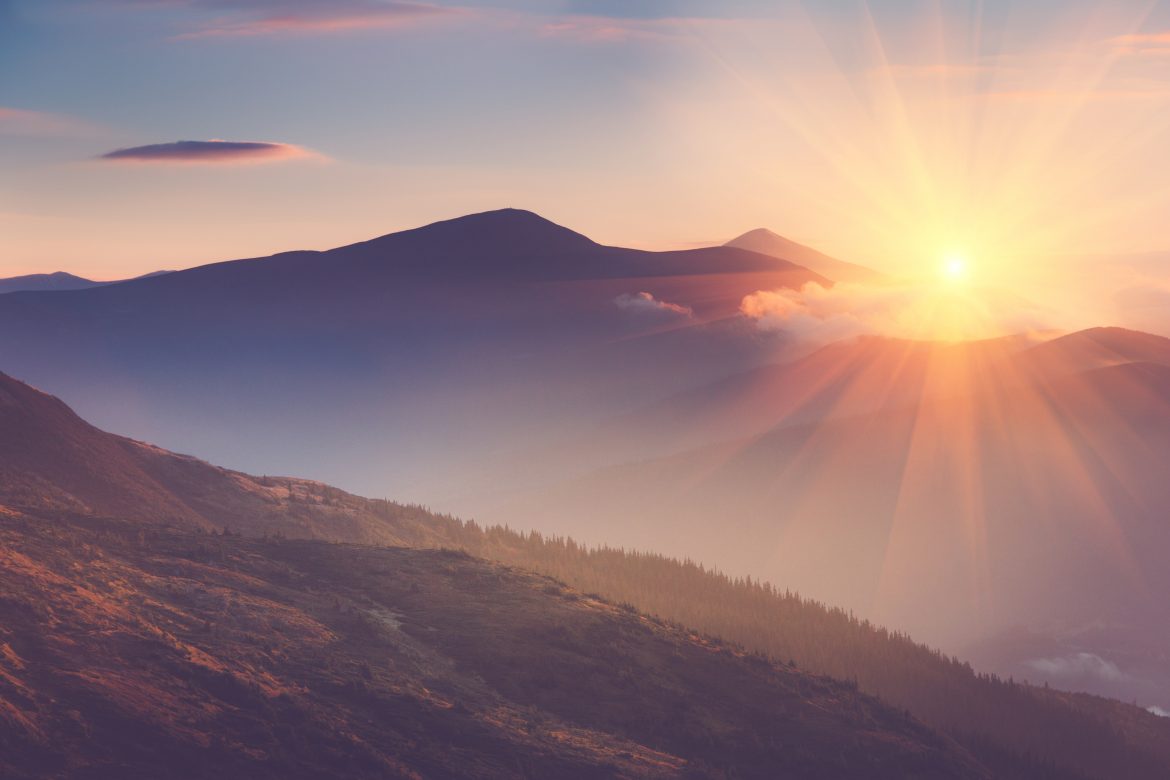This is easily going to be the hardest, yet most successful Earth Day on record. Unfortunately, the coronavirus has upended our daily lives and has forced many of us to live in constant worry. Whether it be your health, the health of a loved one, or your job security, we can all agree, this is a very tough time.
However, because of the limited amount of human movement, the planet has seen some unexpected changes. Emissions around the world have dropped, and cities that are normally covered in smog have shimmering blue skies. Notoriously polluted waterways around the world, like the Venice canals, are now running clear. And normally congested city streets are now empty, allowing wild animals to freely roam. So, what are the lessons we can learn from the coronavirus shutdown to help our planet afterward?
HUMAN ACTIONS HAVE CONSEQUENCES

Market in Tomohon, Indonesia that sell various meat from animal such as snakes, dogs, and bats. (Photo by Sony Herdiana)
The biggest thing to remember is that human actions had a lot to do with this virus. The origin of this coronavirus (as well as the past coronaviruses like SARS and MERS) is animals. In this case, they believe it went from a bat to a pangolin to a human. According to a report in The Guardian:
Like HIV, Sars and Ebola before it, the coronavirus that is wreaking devastation worldwide is a zoonotic disease, meaning that it spilled over from animals to humans. It is widely believed that the disease originated in bats and was transmitted to humans in a live animal market in Wuhan, China, where a variety of animals mixed amid a bustling human crowd.”
Covid-19, scientists and advocates argue, has proven that this is not a time to reduce the US’s commitments to protecting and restoring the world’s ailing animal populations. ‘As we have seen with this virus, every country is part of an interconnected world,’ said Dr Barney Long, the senior director of species conservation at the group Global Wildlife Conservation. ‘The wildlife trade is not a ‘China problem’,” he noted. “We have to act as one global community rather than individual countries or we are not going to break through these issues.’
As humans destroy natural habit, it adds stress to animals – limiting their amount of space to roam, limiting their food source, increasing competition between other animals, and ultimately, leading to malnourished animals with weakened immune systems. These animals are then a breeding ground for viruses and bacteria to flourish. Saving the planet isn’t just for the planet, it’s for ourselves as well.
RADICAL CHANGE IS POSSIBLE


Women’s march on Washington (Photo: Nicole Glass Photography)
The last four years have been a critical change in history. First off, with the election Donald Trump as president, America learned that political change can come fast. Previously, the government was seen as a slow-moving, clunky gear that grinded away ever so slowly. After Trump’s election, we saw how quickly policies can be changed…unfortunately, it was largely for the worse.
And then, with the coronavirus pandemic causing the world to shut down, we once again saw that things can change very quickly. We saw that we can change very quickly. Before this, the concept of simply not leaving the house for a day seemed absurd. But now, we’ve all learned that we can stay home…for quite some time. Imagine if, in the future, we all had one evening a week where stores, restaurants, bars and movie theaters, all closed early to conserve energy. Before the lockdown, nobody could have ever imagined sacrificing a Tuesday evening, where they’d be forced to cook at home or walk in the park, rather than go to a bar. But now, does such a measure seem so drastic or difficult?
YOUR VOTE MATTERS


Voting on Election Day (Photo: LightField Studios)
Another important thing to remember from this pandemic is that your vote really does matter. Trump’s inability to act, and the fact that he replaced trained officials with his personal friends, is one of the biggest reasons why America became the global epicenter for the COVID-19 disease. Our inability to formulate a plan, create infrastructure, and communicate effectively doomed thousands of Americans to a preventable death.
Another way our votes have mattered is historically. This country has a reputation for having one of the worst public health systems in the developed world. We also have a history of not providing education to underprivileged communities. This left us with a large group of people who were chronically ill and locked in the cycle of poverty. They ended up becoming the majority of the coronavirus victims. It’s important for us to remember in the future, that our vote does matter. We can demand policies that help others, especially the most vulnerable among us, and that help the planet. Our vote can change the country and the future of our world.
NATURE CAN RETURN


A deer crosses an empty road (Photo: Dorn1530)
Unfortunately, there’s a growing number of people in this world who think there’s no point in helping the environment because it’s already “too late”. If the coronavirus has shown us anything, it’s that that is not true. Fish have returned to the Venice lagoon, boars roam freely in Israel, and deer gracefully glide down the streets of Ohio in broad daylight. If we let it, nature can restore itself. The cleaner air and water have been a godsend to the many plants and animals that are forced to share this earth with us. And it’s proof that, if given the chance, the environment isn’t doomed, and in return, neither are we.
WE CAN DO IT!


Saving the planet (Photo: Julia Ardaran)
The viral pandemic, and the lockdown that had to be enforced as a result, have drastically changed the world and will have lasting impacts for decades. This moment will go down in the history books and your grandchildren will ask you questions about it years in the future. It’s also shown us is that we can do anything. Every single one of us deserves a pat on the back, because living through this, and making the sacrifices we all have has been scary, but we did it. When we realized we had to come together, we did. And the same can be done for protecting the environment.
Take Action Now:
• If you must drive to work, purchase a car that uses a renewable source of energy.
• If you don’t have to drive, don’t! Take public transportation or walk.
• Encourage your family and friends to buy cars that are energy efficient.
• Write to your elected officials and demand legislation that mandates and
implements the use of renewable energy within 5 years.
• Before voting for anyone, make sure they are committed to implementing
substantial changes concerning how we produce and use energy.
• Plant the seed of urgency amongst your family, friends, and colleagues that
within 5 years the world must produce all its energy needs using only
renewable resources.
• Help make Universal Basic Income and Housing for All a reality.
• Eat more plant based foods


